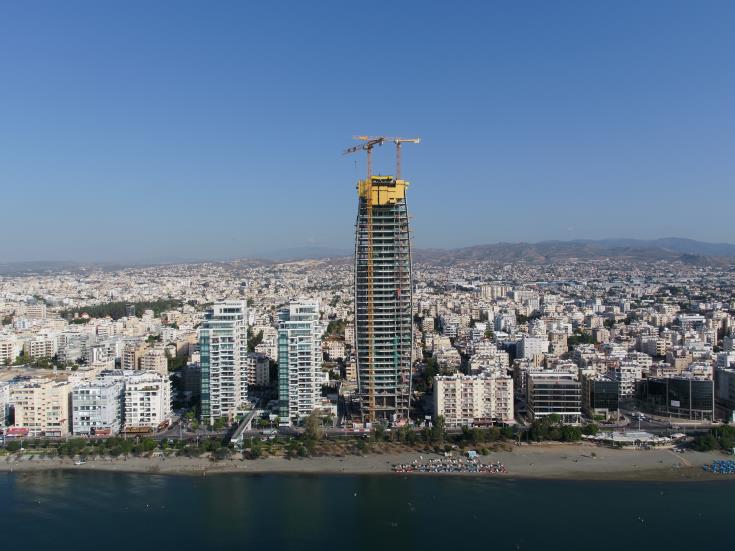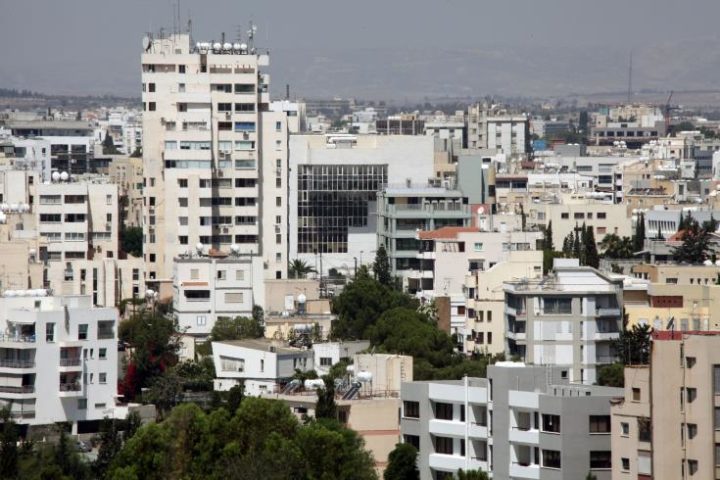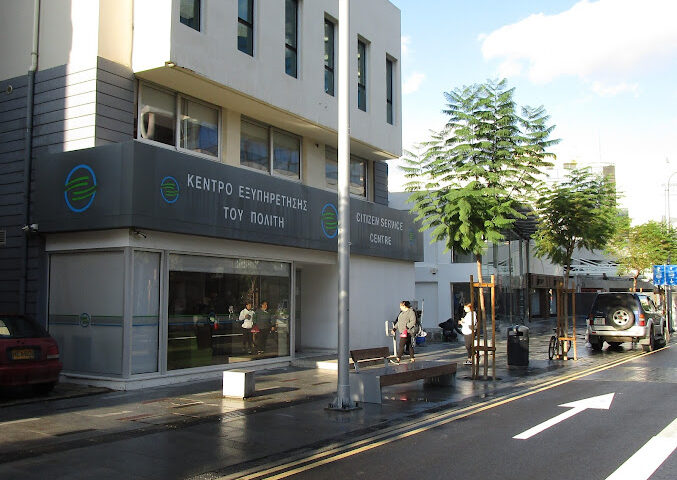It would appear that the misery of others helps Cyprus real estate from time to time.
Those of a more “mature” age will remember the interest from Lebanon (as a result of the civil war there) that saw property prices and rents rocket, followed by the breakup of Yugoslavia, the first wave of Russian instability with many becoming rich overnight when the Soviet Union collapsed, and the invasion of Ukraine.
This foreign interest was directed towards Limassol and Larnaca, boosting demand and retaining real estate values.
We now see the outcome of the situation in Ukraine with a sharp increase in rental demand (primarily in Limassol and Larnaca) mainly for apartments and, to a lesser extent, office space.
What is notable is that enquiries refer to high budgets such as one-bedroom units to rent at €1,000 p.m., offices to let at €20/sq.m. etc., whereas for the more upmarket units rental requests are at around €2,000-€3,000 p.m.
I don’t know whether this demand will be sustained and for how long, as it depends on the ferocity and the duration of this very unfortunate conflict.
At the same time, there is interest in apartment blocks (perhaps for families), whereas hotels demand to rent through agents without clear intentions.
Whatever the demand levels, it is not directed toward the more expensive skyscrapers units.
However, still, it is an indication of the demand coming from Ukraine (individuals and companies).
Although the Cyprus government offers some financial assistance to Ukrainian refugees, this is not enough for long-term sustainable living. Therefore, such interest should be looked upon with caution. Furthermore, the increase in rental values for apartments will not subside (for reasons of increasing building costs, higher interest rates, and inflation).
This demand will hurt locals already experiencing difficulties meeting current rents based on an average income.
Also, these Ukrainian refugees, most of whom are well educated and with innovative ideas, cannot fill the gap in the hotel industry since they are mostly women and children, with limited knowledge of English, rather than a labour force geared to this sector.
A report on Alpha TV referred to a Congolese girl (now 14 years old) who came to Cyprus about five years ago, described her heartbreaking story and was top in her class in a local school.
She is now under threat of deportation with her family, with no handouts received from the government, the father working in a petrol station, the mother a cleaner and after five years of hard work, they managed to buy a used car.
So, out of the approximately 10,000 Ukrainian refugees we have received so far, if we add up the many other economic or other migrants with another 20,000, we will enhance the labour force (and the social security system). In contrast, Italy needs 500,000 foreign residents a year to contribute to the labour industry, and Greece 100,000.
Cyprus also has one of the lowest birth rates in Europe, which at the present rate means the social security fund will soon become unviable if it is not replenished with new workers and social insurance contributors.
It is difficult to predict the result of the refugee situation in Cyprus, and it is correct to say the misery of other countries has helped the Cyprus real estate market, especially some landlords.
Antonis Loizou – Real Estate Valuer, Project Consultants & Estate Agents










